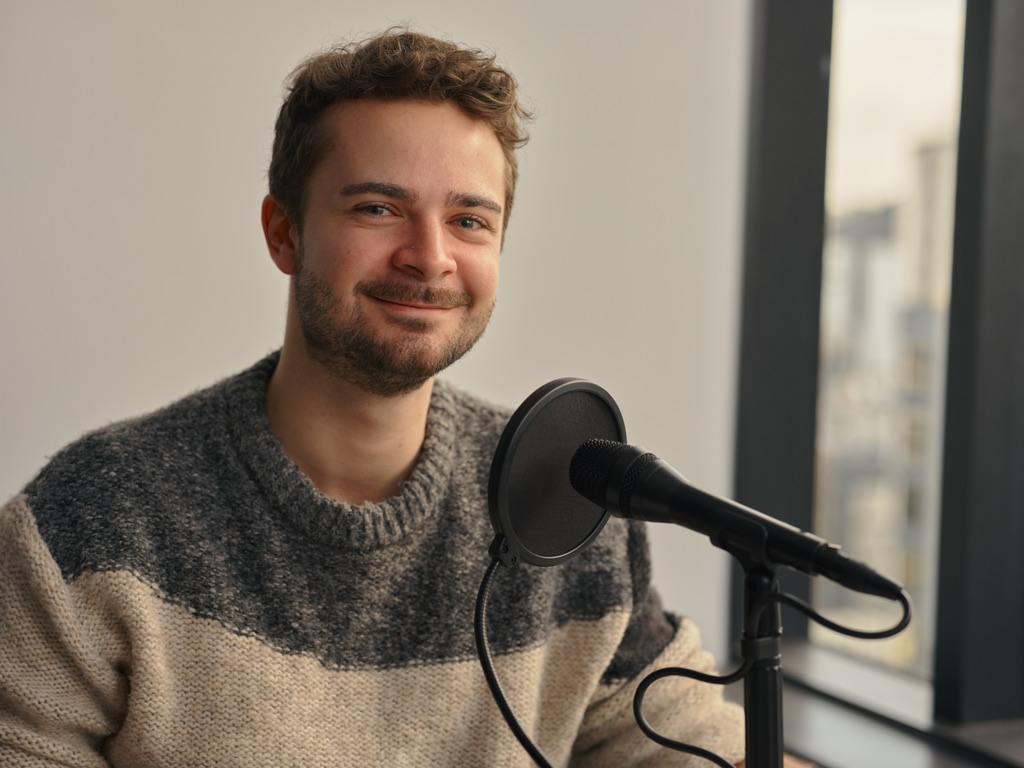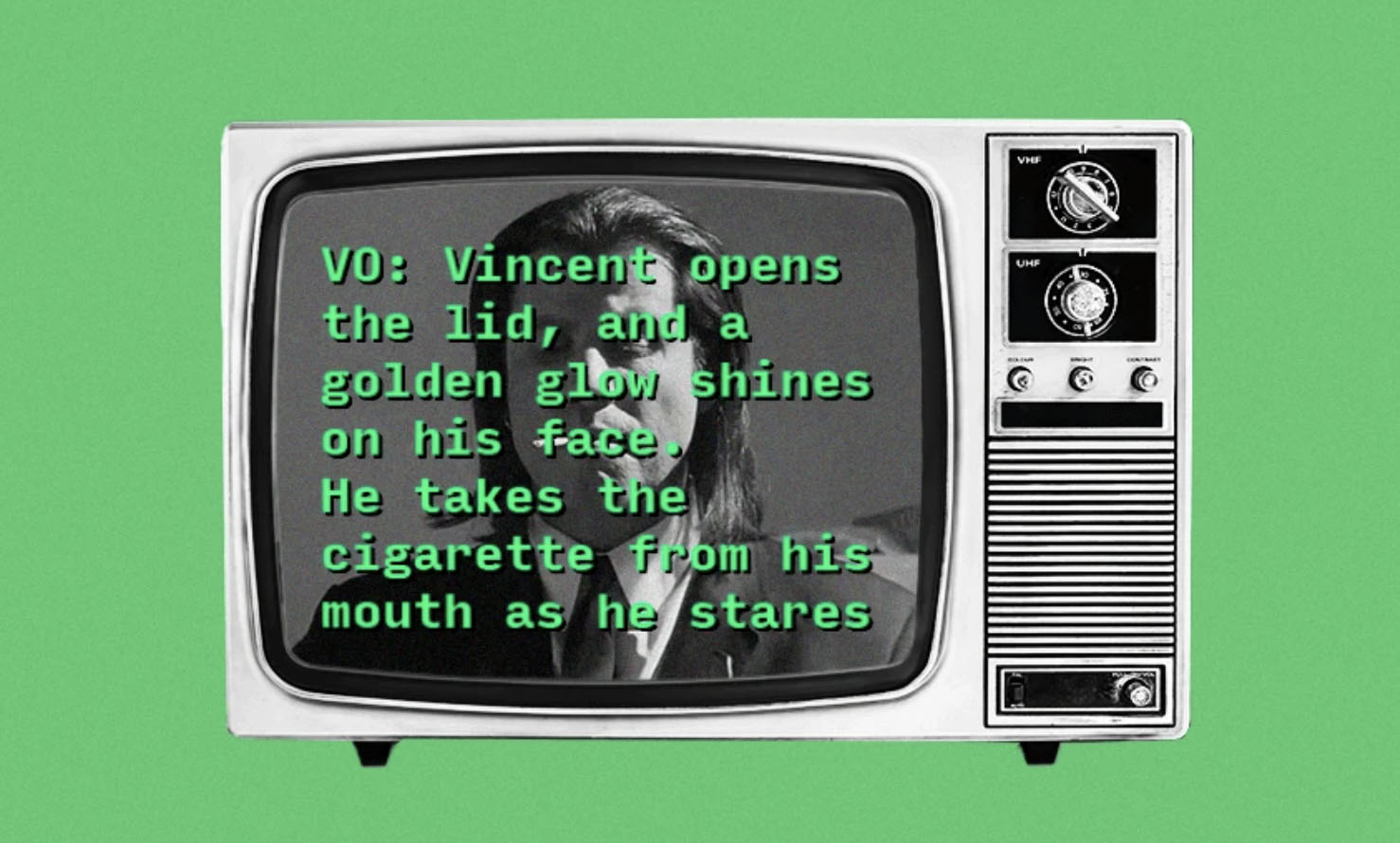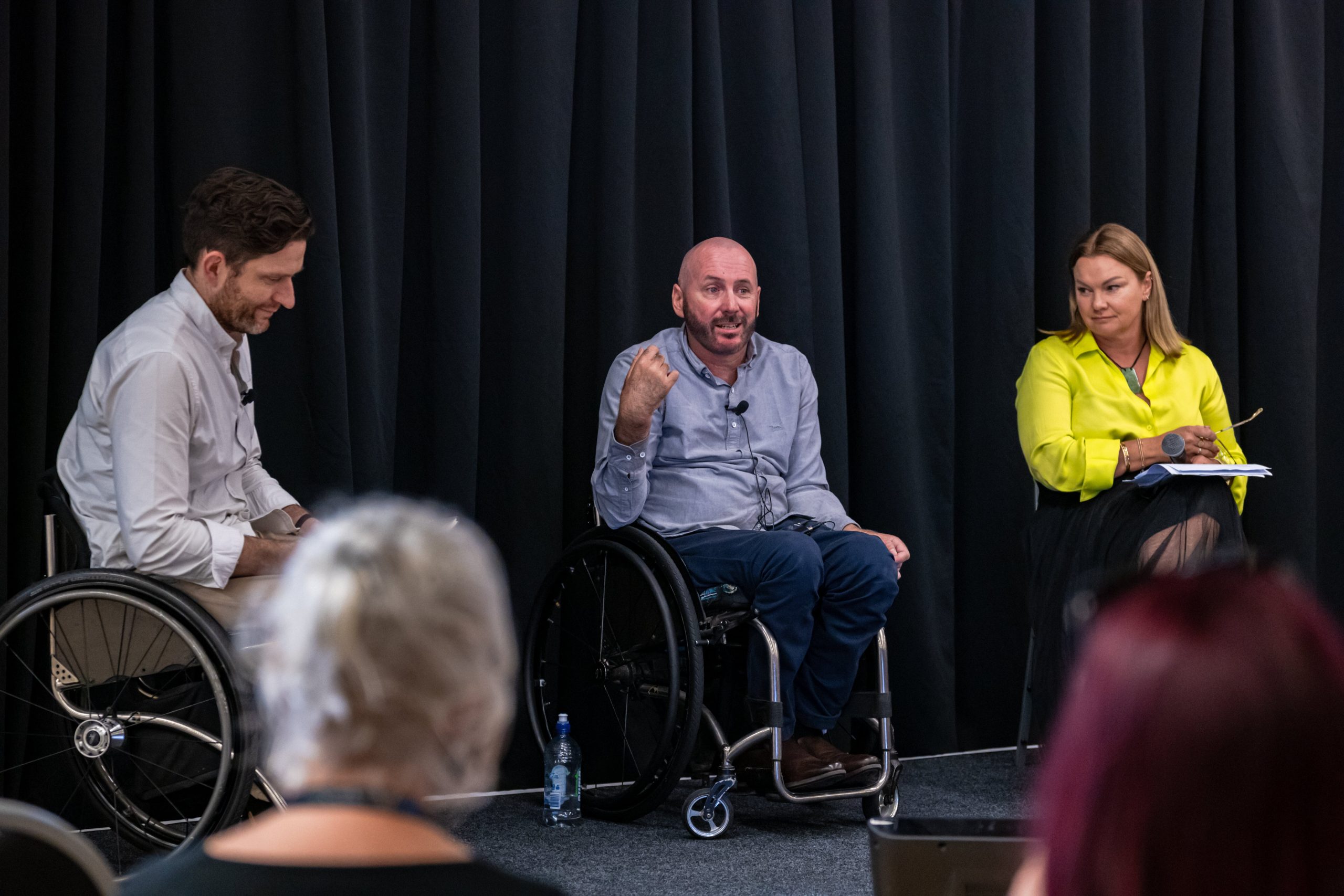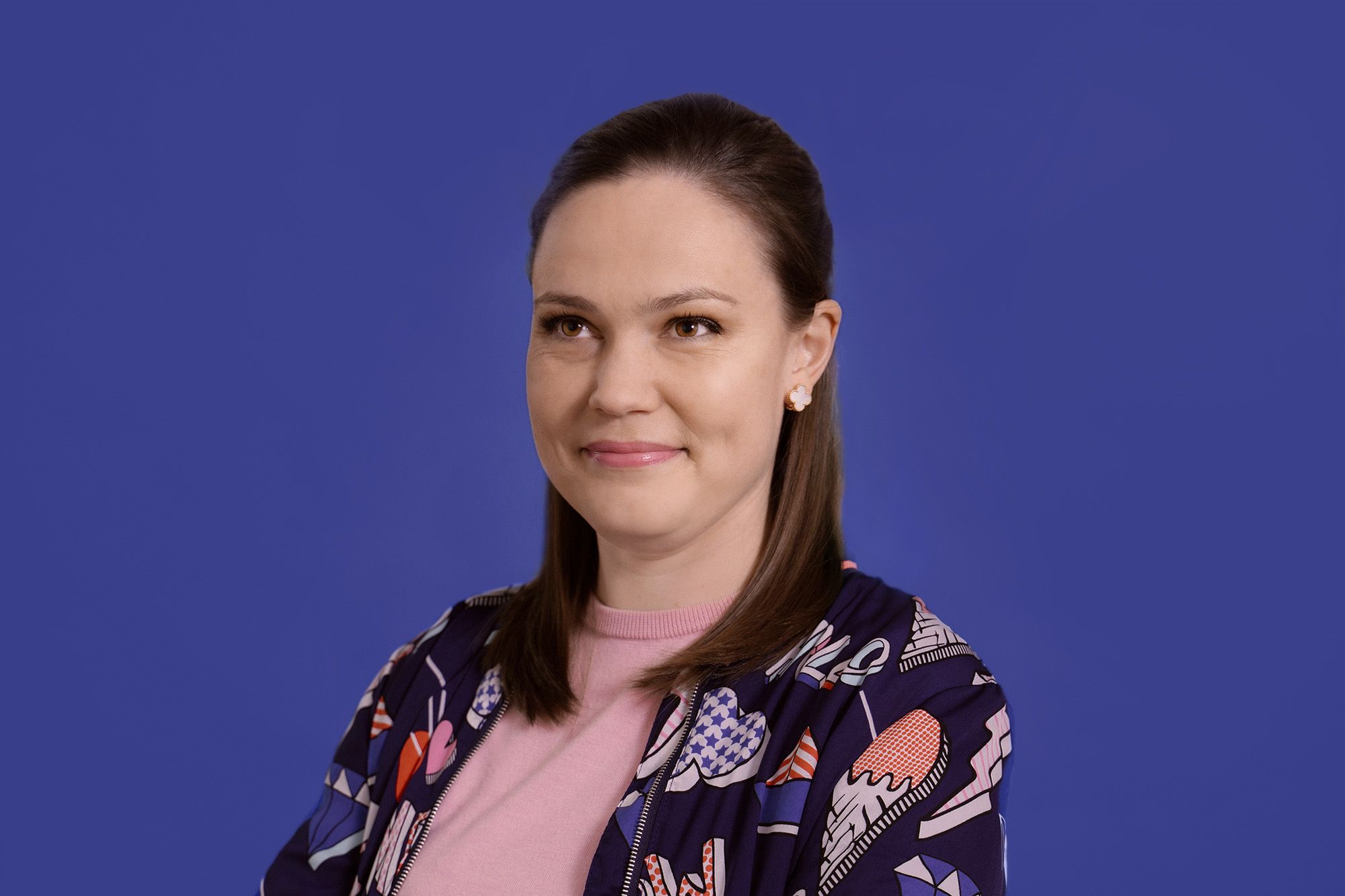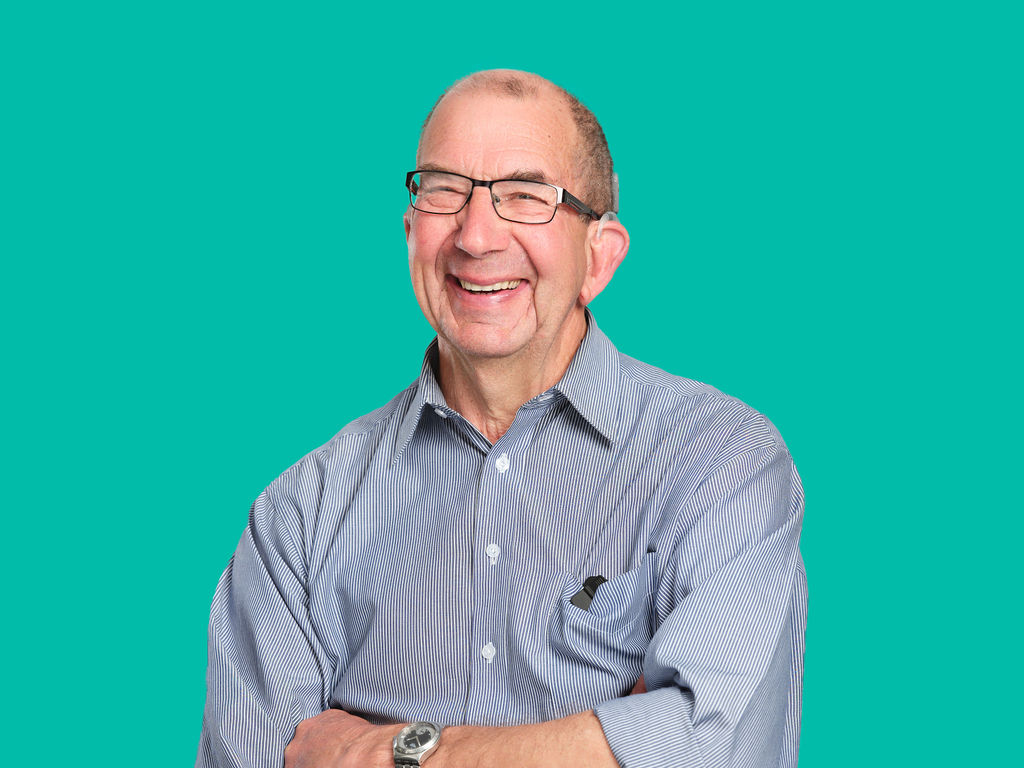Recently, Able Communications Intern Gabriella Evans had a chat with Jon Tai-Rakena, Aotearoa based TikTok creator and Deaf Aotearoa NZSL Week Hero for 2023. Read the transcript below or watch the video above to find out what they talked about!
Hi Jon, thank you so much for your time to have this interview with me. Can you tell me a bit about yourself, who you are, and what you do?
My name is Jon. I’m Deaf and grew up in a hearing family. I grew up in Hamilton then moved to Auckland to attend Kelston Deaf Education Centre (KDEC) Totara Village and Kelston Boys’ High School.
What made you want to start a TikTok for NZSL and why?
When I finished school, I moved to Australia. Living and working there was quite good. I was there from around 2014 to 2019. I moved back to Aotearoa just before COVID arrived. Around December/Christmas of 2019, I realised that some people on TikTok weren’t Deaf or native signers. Sometimes they would use the wrong concepts or signs which would then spread. So I decided to go ahead and start a TikTok channel.
When I first started, I did feel a little uncomfortable and stopped for a bit. That was in January 2020 and in December of 2020, I decided to go back on TikTok and start again. I went back because I wanted to help spread awareness about NZSL and show the correct signs to use.
My goal is for all of Aotearoa to learn NZSL. I don’t expect everyone to be fluent but it’s really important to know basic, surface level signs and phrases like “Hi, how are you?”, and how to introduce yourself in NZSL. In the long-term, I’d like people to know more about deeper concepts like Deaf culture.
You’re at university at the moment – what are you studying and what are you hoping to do in the future?
At the moment, I’m studying at Victoria University in Wellington to become a NZSL tutor. I’ve been studying for about 2 years now. Originally, I started and finished in 2010 but I’ve restarted the course since then.
I really love studying my course. It’s helping me to look deeper at NZSL, linguistics, and Deaf culture so I can work with hearing people and provide them with clear information about NZSL and Deaf culture. I want the information I provide to people to be clear and easily understood, not messy and confusing. This helps people to feel comfortable and confident when learning NZSL and meeting Deaf people.
For me personally, is it all about becoming an NZSL tutor? No. I really want to be involved in and on TV here in Aotearoa as a presenter using NZSL. Why do I want to do this? Because NZSL is an official language of Aotearoa. Te reo Māori is another official language and English is the default but not official. Te reo Māori and English are already on TV, so why isn’t NZSL?
I want to be involved in bringing NZSL to TV because it would be nice to see. Growing up, I rarely saw Deaf people who used NZSL on TV here in Aotearoa. Most of the time when it did happen, they were brief appearances on shows like Shortland Street. I remember once seeing a Deaf person on Shortland Street but nobody permanent.
Where are the permanent Deaf actors? Where’s the Deaf representation? There should and needs to be something because it’s been seventeen years since the last Deaf person was on a New Zealand show like Shortland Street. I’ve noticed that there’s been the first news presenter [Orinii Kaipara] with moko kauae tā moko on TV in Aotearoa. She has the privilege to represent her tīpuna and culture on TV as well as Aotearoa.
What about a Deaf presenter and what that would mean for Deaf people? I want to see our culture and NZSL respected. It’s a beautiful language, and I want people to feel connected to it. I don’t want Deaf people to work harder to communicate, and communicate in awkward ways like gesturing. I want us to be on the same level and equal to everyone else. I want to see everyone respect each other and not put others down.
Being equal to each other would be nice to see. It would be really nice to have native Deaf signers on TV because that would make things so much clearer to understand. It could be anyone who’s Deaf or hard-of-hearing. With interpreters on TV, they’re only used for emergencies, disasters, or for letting people know about important news. I’d rather see someone Deaf or hard-of-hearing on TV in situations like that. That would be good representation and means people can see that and go “oh they’re actually Deaf” and feel connected.
How are you feeling about being the NZSL Hero for NZSL Week this year?
Honestly, I can’t really explain it. At the time, my mind was all over the place and I wasn’t feeling great emotionally. I just went ahead and put the application in. I wasn’t really thinking about it too much because I was feeling and thinking a lot at the time.
When Deaf Aotearoa asked me “Can we have a Zoom call with you?”, I thought “oh okay”. I wasn’t really sure what it was about and had the call with them. In the call they said “Congratulations we’ve picked you [to be the NZSL Hero for NZSL Week 2023]”. I was really shocked and totally not expecting it because there was a lot on my mind at the time. So when they said “Congratulations”, I was stunned and not sure how to react. I really wasn’t expecting it but accepted the news.
It’s important that hearing people feel welcome to learn NZSL. I want to see hearing adults, children, business people, everyone throughout Aotearoa learning NZSL. I want to see that because it would mean that Deaf and hearing people would be more equal to each other. NZSL is an official language of Aotearoa like te reo Māori is.
Come on and learn NZSL! I really want to encourage hearing people to learn NZSL because for some Deaf people, we need more interpreters. We need interpreters who also know fluent te reo Māori as well. We also need more Pasifika interpreters who also know Pacific Island languages fluently.
I know some hearing people feel nervous and unconfident about learning NZSL, and I’d like to really encourage them to learn NZSL. It would mean Deaf and hearing people would be more equal to each other. It would be good to see more young and older people, men, women, Māori, Pasifika, Rainbow, and Asian people learning NZSL. All kinds of diverse and different people. It would be nice to welcome and encourage more people to learn NZSL.
I don’t really want to see people thinking about it and going “oh that’s too hard”. No, come on and learn NZSL! We would love for people to be involved and feel connected to Deaf people, culture, and NZSL. That would be so nice to see.
